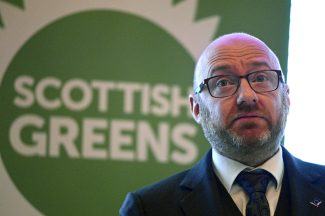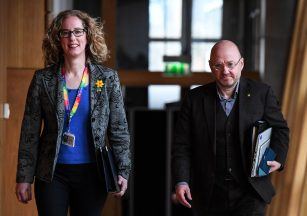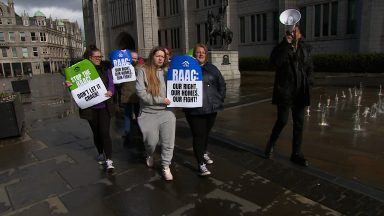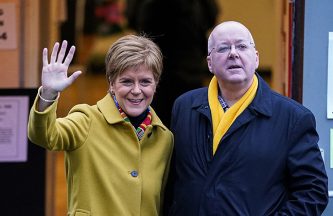So John Bercow, one-time member of the Monday Club – a group who believed in the repatriation of immigrants and who occasionally rallied to a cry of ‘Hang Mandela’ – has joined the Labour Party.
He was associated with the Tory right who evangelised Margaret Thatcher before becoming the excitable Speaker of the House of Commons in 2009 following the resignation of Michael Martin.
Watching his interview with Trevor Phillips on Sky News on Sunday, I did think more than once, ‘this is a good deal more lucid than we get from many members of the shadow cabinet’. Of course, he is no longer in parliament and with trademark guffaw and overly animated look of astonishment, he invoked the dictum of Willie Whitelaw at the prospect of being offered a peerage by Labour. He told Phillips: “I believe in crossing bridges when you come to them.”
It is unlikely that Bercow will play a central role in Labour’s campaigning efforts, although he may be wheeled out from time to time to appeal to voters not normally in the Labour fold. His conversion to “justice, equality and internationalism” seems genuine enough and those in parliament will have seen how he has drifted inexorably from previously held positions so much that he now describes his views as left of centre.
What does history tell us?
The history of defections tells us that individuals are eventually swamped by the party machine they rail against or groups of individuals who defect en masse are buried by a mixture of the electoral system and the sheer scale of trying to realign voters to their cause and against the established order.
Labour MP Dick Taverne won a famous by-election in Lincoln in 1973. He won as a Democratic Labour candidate against the official Labour standard bearer. Taverne was outraged at attempts to silence him for his pro-European views. He defeated the machine but lost at the subsequent general election to Margaret Jackson (later Beckett). Blyth Valley Labour MP Eddie Milne won against the machine on an anti-corruption ticket in February 1974, but he too lost at the subsequent general election later that year. Electors can rally to candidates of conscience but only for so long.
There are occasions, of course, when parties split and something more profound appears to be happening. The creation of the Social Democratic Party in 1981 led to 28 MPs leaving Labour to break the mould of British politics. In alliance with the Liberals it even looked as if they might. Three factors buried them. First, the Tories got a much-needed bounce after the Falklands War. Second, Labour’s electoral roots ran too deep to be uprooted, and, third, the electoral system gave them little return despite polling over a quarter of the popular vote in 1983.
The recent case of Change UK, also known as The Independent Group, is the most brutal example of perceived moral courage falling on the deafest of ears. Eleven MPs quit Labour and the Conservatives to campaign on a pro-EU ticket in 2019. They started to fall apart after a poor showing in the European elections and, by the time of the general election later that year, none of those who had defected were still in the Commons.
‘Depressed and angered’
Closer to home, the lessons appear to be much the same. Depressed and angered by what he saw as the inadequate plans for a Scottish assembly in 1976, the charismatic Labour MP for South Ayrshire Jim Sillars resigned and formed the Scottish Labour Party. It too was buried this time by a mix of internal squabbling and electoral indifference. At the 1979 general election, despite a heroic effort, Sillars narrowly lost to Labour’s George Foulkes.
Controversial is an over-used prefix when attached to politicians, but was apt in the case of Labour’s Ron Brown who represented Leith from 1979-1992. Expelled three times from the House of Commons, he was booted out his party in 1991. He contested the 1992 general election, but his voters appeared to judge him a man of childish impulses than a tribune of high principle. He was crushed by the people he had represented.
There is also the curious case of Dick Douglas who defected from Labour to the SNP in 1990 over his anger at a perceived lack of fight by Labour on the poll tax. I say curious for he chose not to take what looked like a principled stance to the electors he represented in parliament. Instead, he left Dunfermline to contest Donald Dewar in Glasgow in 1992 and was soundly defeated. Douglas was genial but sometimes contrarian and his last electoral outing seems to speak to that.
The examples of Dennis Canavan and Margo MacDonald, who both got elected to Holyrood as independents, in a sense run against the established order. In Canavan’s case, he was greatly helped by the sheer incompetence of his former party who decided to make a martyr of him. The electors of Falkirk West agreed, preferring him to the official Labour candidate in 1999 and 2003.
MacDonald was helped by the fact that when she stood against her former party (SNP) she was an established figure who used the modest threshold on the Holyrood list system to continue her tenure as an MSP.
‘Difficult to break through’
Despite the fact the Holyrood electoral system does indeed afford more opportunity to get a toe-hold in the national legislature, the dominance of the current party of government can make a breakthrough difficult.
The strength and discipline of the SNP machine buried Alex Salmond’s Alba Party last month. The most significant figure in the history of the SNP was unable, in conjunction with the help of several defecting MPs to make any electoral progress despite fashioning a strategy that was designed to exploit what Margo MacDonald had done on several occasions. Even in the gentler waters of Scottish politics, upsetting the status quo can be difficult.
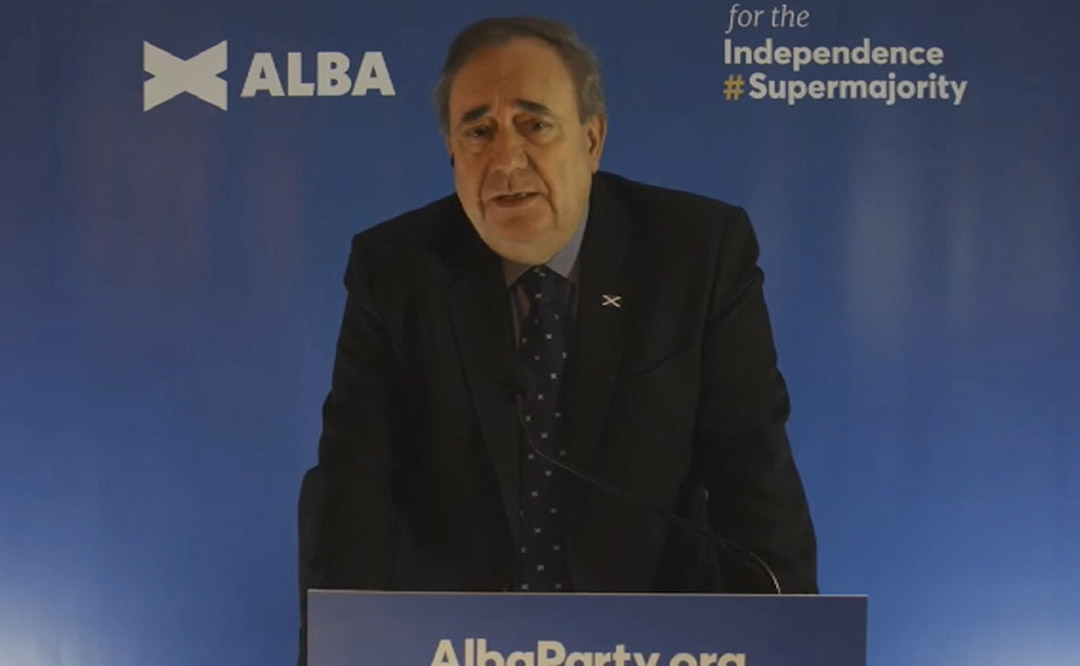 Alba Party
Alba PartyThe lessons of history appear clear. Recasting an established order is extremely difficult, if not ultimately near impossible. Mr Bercow would be well advised not to return to his previous patch as a Labour standard bearer. Given his profile, pugnacity and guile the more interesting question would appear to be just how Labour will use him in the years ahead.

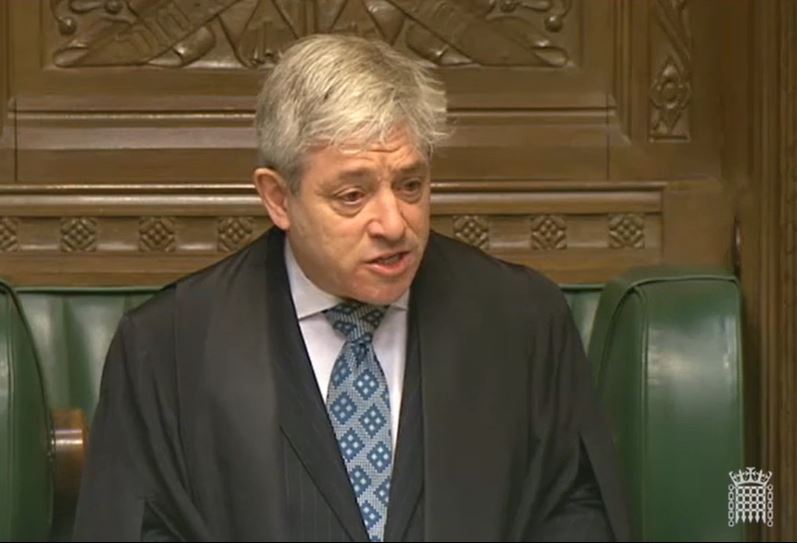 Parliament TV
Parliament TV


